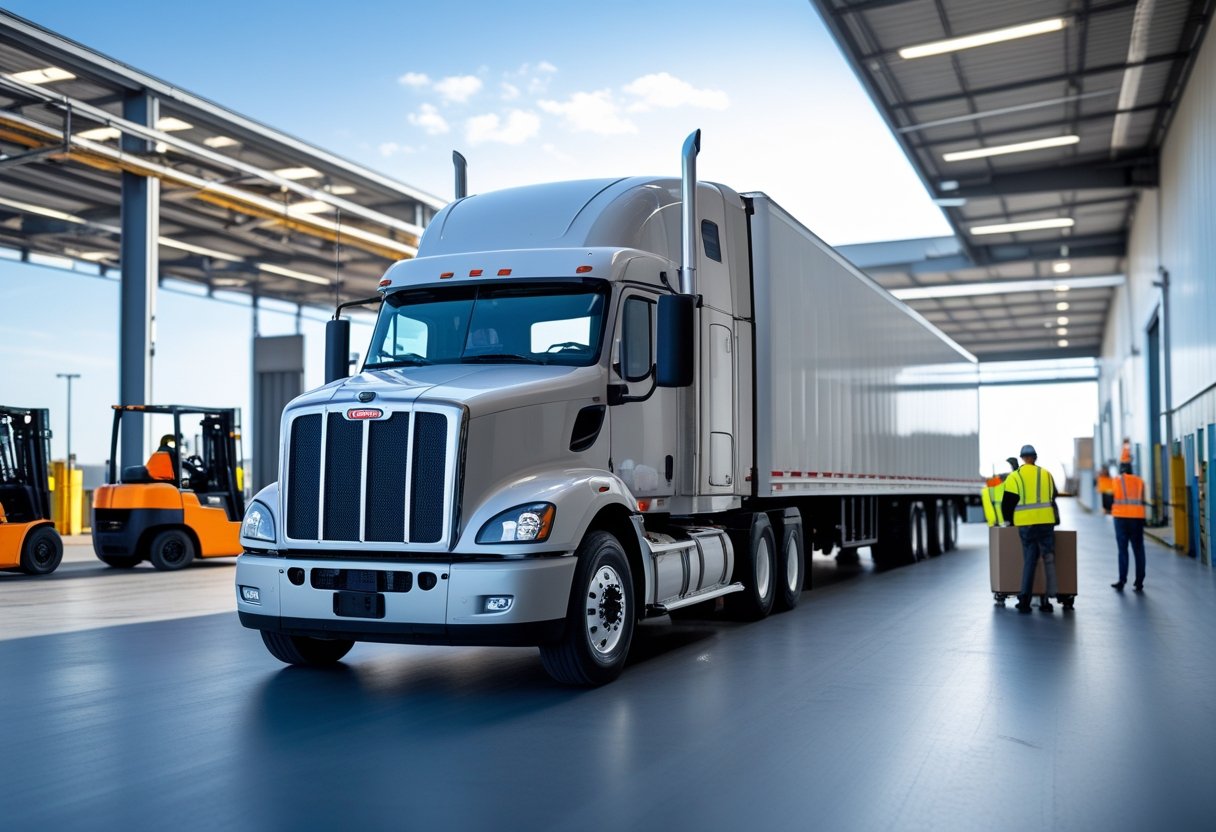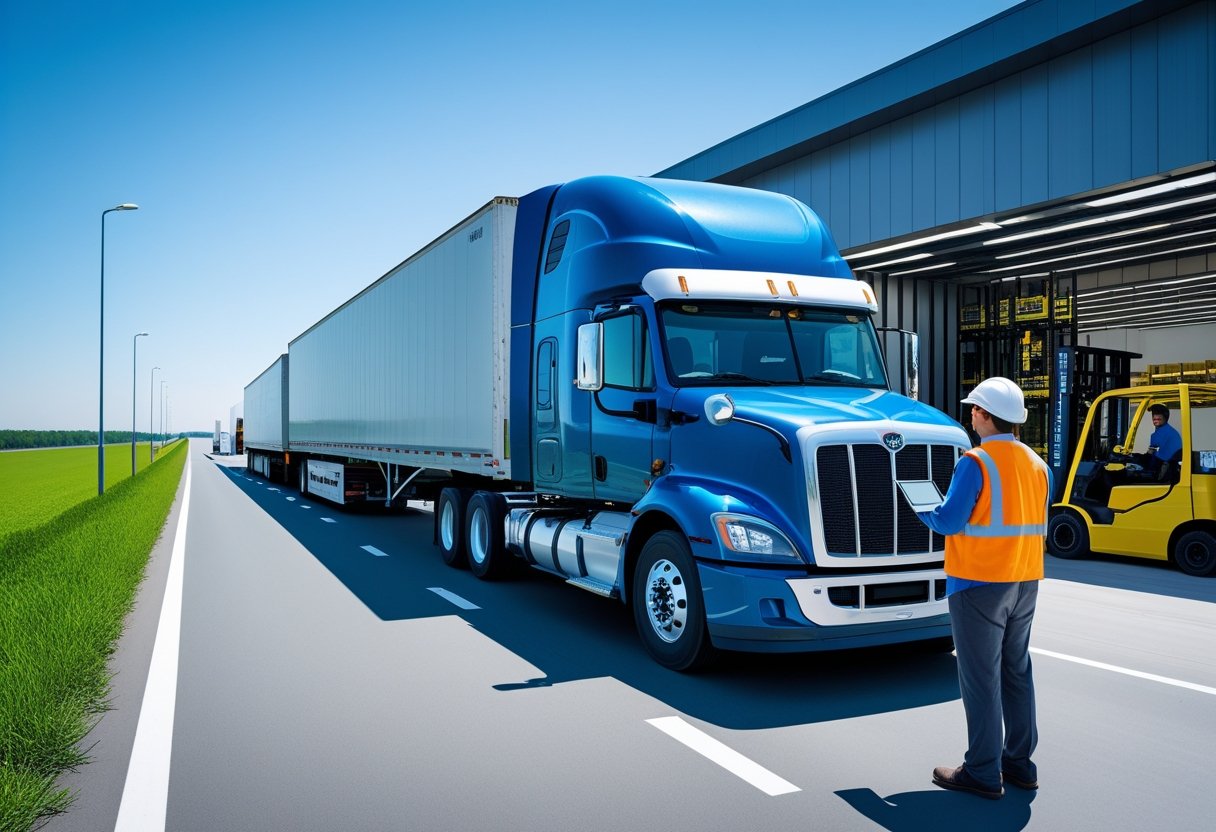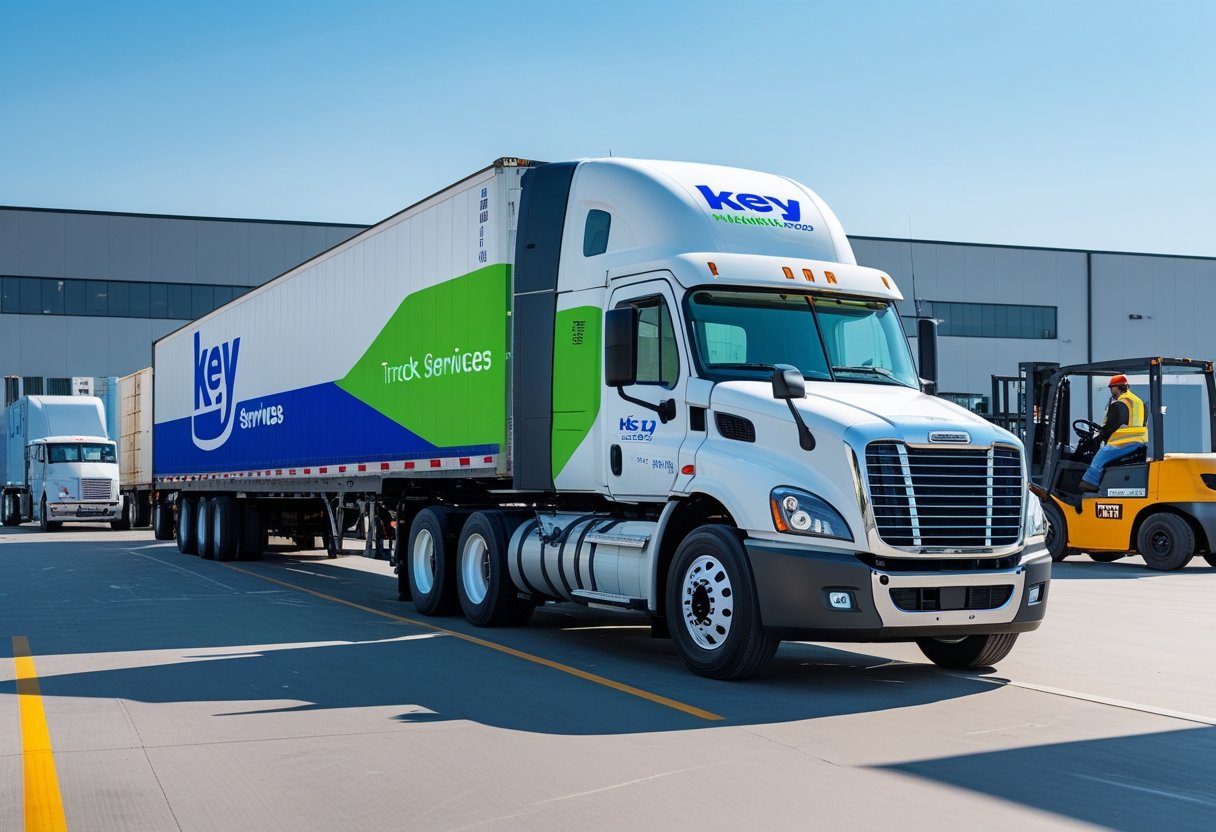How to start saving money
Lorem ipsum dolor sit amet, consectetur adipiscing elit lobortis arcu enim urna adipiscing praesent velit viverra sit semper lorem eu cursus vel hendrerit elementum morbi curabitur etiam nibh justo, lorem aliquet donec sed sit mi dignissim at ante massa mattis.
- Neque sodales ut etiam sit amet nisl purus non tellus orci ac auctor
- Adipiscing elit ut aliquam purus sit amet viverra suspendisse potent
- Mauris commodo quis imperdiet massa tincidunt nunc pulvinar
- Excepteur sint occaecat cupidatat non proident sunt in culpa qui officia
Why it is important to start saving
Vitae congue eu consequat ac felis placerat vestibulum lectus mauris ultrices cursus sit amet dictum sit amet justo donec enim diam porttitor lacus luctus accumsan tortor posuere praesent tristique magna sit amet purus gravida quis blandit turpis.

How much money should I save?
At risus viverra adipiscing at in tellus integer feugiat nisl pretium fusce id velit ut tortor sagittis orci a scelerisque purus semper eget at lectus urna duis convallis. porta nibh venenatis cras sed felis eget neque laoreet suspendisse interdum consectetur libero id faucibus nisl donec pretium vulputate sapien nec sagittis aliquam nunc lobortis mattis aliquam faucibus purus in.
- Neque sodales ut etiam sit amet nisl purus non tellus orci ac auctor
- Adipiscing elit ut aliquam purus sit amet viverra suspendisse potenti
- Mauris commodo quis imperdiet massa tincidunt nunc pulvinar
- Adipiscing elit ut aliquam purus sit amet viverra suspendisse potenti
What percentege of my income should go to savings?
Nisi quis eleifend quam adipiscing vitae aliquet bibendum enim facilisis gravida neque. Velit euismod in pellentesque massa placerat volutpat lacus laoreet non curabitur gravida odio aenean sed adipiscing diam donec adipiscing tristique risus. amet est placerat in egestas erat imperdiet sed euismod nisi.
“Nisi quis eleifend quam adipiscing vitae aliquet bibendum enim facilisis gravida neque velit euismod in pellentesque”
Do you have any comments? Share them with us on social media
Eget lorem dolor sed viverra ipsum nunc aliquet bibendum felis donec et odio pellentesque diam volutpat commodo sed egestas aliquam sem fringilla ut morbi tincidunt augue interdum velit euismod eu tincidunt tortor aliquam nulla facilisi aenean sed adipiscing diam donec adipiscing ut lectus arcu bibendum at varius vel pharetra nibh venenatis cras sed felis eget.
Trucker logistics manages and optimizes the process of transporting goods by truck. This includes route planning, vehicle selection, driver assignments, fuel management, and coordination in the supply chain.
It aims to make freight transport productive and efficient. This reduces costs and improves delivery times.

Trucking logistics is more than moving goods. It also oversees warehousing, inventory management, and communication to keep operations smooth.
Companies use technology and data to track loads, streamline workflows, and respond to challenges quickly.
What Is Trucker Logistics?

Trucker logistics coordinates all activities to move goods by truck efficiently and affordably. It involves routing, scheduling, vehicle management, and compliance to ensure shipments arrive safely and on time.
These tasks require careful planning and ongoing improvement.
Definition and Core Functions
Trucker logistics organizes freight transport using trucks. It covers route planning, delivery scheduling, driver assignments, vehicle condition monitoring, and fuel control.
Each task focuses on efficiency and reducing costs like maintenance and labor.
Key functions include:
- Route optimization to save time and fuel
- Load management for proper cargo distribution
- Compliance with hours-of-service rules
- Real-time tracking for shipment visibility
- Monitoring expenses like fuel and insurance
These efforts boost reliability and performance in freight transportation.
Role in the Trucking Industry
Logistics is the backbone of trucking. It connects shippers, carriers, and customers to ensure timely and secure deliveries.
Good trucker logistics reduces delays and downtime. It helps meet delivery expectations and keeps customers satisfied.
It also tackles challenges like fuel price changes, regulations, and driver shortages. With technology and planning, trucking companies use assets better and lower costs.
Trucker Logistics LLC Overview
Trucker Logistics LLC specializes in freight transport management. Services include route planning, load optimization, and fleet tracking.
They use advanced software tools for real-time data and analytics to support decisions.
Their approach focuses on working with carriers and clients for custom transportation solutions. This includes managing contracts, compliance, and resources.
By emphasizing transparency and improvement, Trucker Logistics LLC supports growing logistics needs.
Key Truckload Services

Trucker logistics offers tailored transport solutions for different freight needs. Services depend on shipment size, cargo type, and delivery requirements.
Full Truckload (TL) Solutions
Full Truckload (TL) shipping is for shipments that fill an entire truck. It provides direct routes, so cargo moves from start to finish without stops or repacking.
This cuts handling damage and shortens delivery time.
TL works well for businesses with large shipments needing reliable scheduling. Logistics providers organize fleets and drivers to meet tight deadlines.
Tracking and communication tools help ensure on-time delivery and shipment visibility.
Less-Than-Truckload (LTL) Options
Less-Than-Truckload (LTL) is for smaller shipments that don’t need a full truck. Multiple customers share space on the same truck, which lowers freight costs and offers flexible shipping.
LTL shipping involves moving goods between trucks at terminals. Good coordination helps avoid delays and keeps cargo safe.
Carriers offer flexible scheduling, making LTL useful for smaller businesses or less urgent shipments. Extra services like palletizing and packaging are often included.
Flatbed and Specialized Freight
Flatbed trucking handles oversized or irregular cargo, such as machinery and construction materials. The open design allows loading from the sides and top.
Specialized freight needs custom logistics, including permits, route planning, and special equipment. Experienced drivers are important for safe handling.
Logistics teams work together to ensure regulations are met and deliveries are secure and on time. These services handle freight needs beyond standard TL and LTL.
High Value and Retail Logistics
Moving valuable and retail goods requires accuracy, security, and speed. Transporters must reduce risks and deliver on time to retail locations.
Strong communication and custom logistics strategies are needed.
Managing High Value Shipments
High-value shipments need extra security and monitoring. Dedicated vehicles with driver assist features and secure lift gates help with safe loading and unloading.
Continuous communication among drivers, dispatchers, and clients keeps the process transparent.
Companies use monitoring systems and trusted carriers to lower risks. Tamper-evident packaging and GPS tracking protect against theft or damage.
Flexible routing helps avoid high-risk areas without causing delays.
Retail Distribution Strategies
Retail logistics ensures products reach stores on time and in full. This needs coordination across distribution points and attention to delivery windows.
Dedicated trucks and specialized carrier networks are important. They handle various delivery types, including ground-level and lift-gate deliveries.
Technology improves load tracking and reporting. This helps retailers manage stock and keep customers satisfied.
Carrier Partnerships and Owner Operators
Strong partnerships between carriers and owner operators improve trucker logistics. These relationships ensure steady freight flow and lower operational costs.
Trust, communication, and shared goals are key.
Working With Carriers
Carriers manage freight capacity and routing. Choosing carriers with good safety records and reliable equipment is important.
Ongoing communication about freight, schedules, and delays is essential.
Brokerages offer loyalty programs to keep carriers engaged. Sustainability efforts, like using electric trucks, are also becoming important.
Clear contracts and regular performance reviews help carriers meet service standards and adapt to market changes.
Supporting Owner Operators
Owner operators benefit from steady freight, competitive rates, and fuel discounts. Working with small carriers offers flexible schedules.
Brokerages help with truck inspections, orientation, and compliance. This support improves safety and readiness.
Loyalty programs help keep owner operators working with the same partners. Strategic partnerships help them manage costs and stay profitable.
Driver Assist and Technology Integration
Modern trucker logistics uses technology to
Sustainability Initiatives
The trucking industry is adopting electric vehicles (EVs) and alternative fuels to reduce emissions. Stricter environmental regulations are driving these changes.
Many fleets are investing in electric trucks for urban last-mile delivery. Emissions restrictions in cities are often tighter.
Sustainability strategies include optimizing fuel consumption through route planning. Driver training also helps reduce fuel use.
Companies use data analytics to monitor and minimize carbon footprints.
Green logistics practices help lower costs. They also appeal to environmentally conscious clients.
Governments support the transition with incentives for cleaner technologies in transportation.



